Genesis Of Diesel Engines India's Most Read Construction and Mining Equipment Magazine
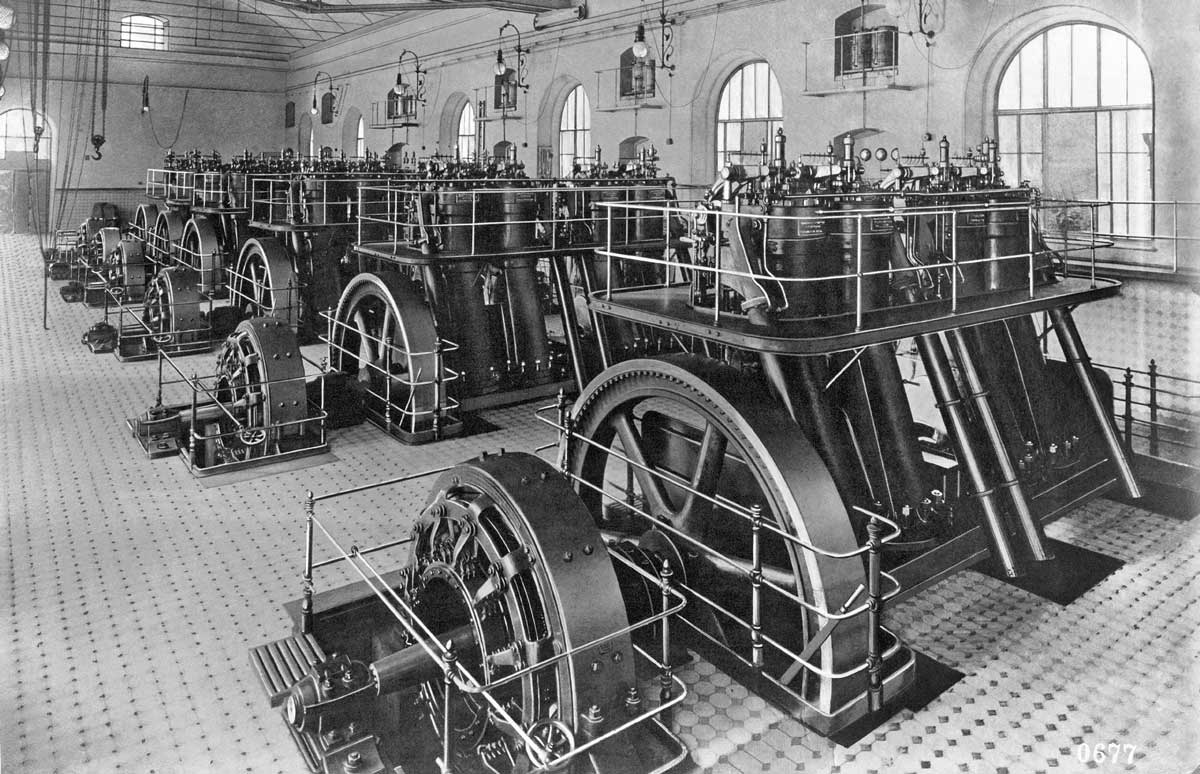
The invention of the diesel engine goes way back - all the way to the 1890s. Since their introduction, they have remained one of the most common engines used in power generation applications. They have been useful in a variety of industries and functionalities.
The History of The Diesel Engine PDF Diesel Engine Mercedes Benz

In 1890, Herbert Akroyd Stuart and Richard Hornsby patented their heavy-oil engine, with paraffin oil as the fuel. While Diesel's engine testing focused on using compression as an ignition source, Stuart and Hornsby has already developed a prototype of a high-compression engine.
Alma de herrero Primeros motores Diésel

process of developing the diesel (or anything else) into three stages. First, he said, is the development of a machine that works, an engine that runs (that is, gangbar). The second stage is the development of an engine that is useful (brauchbar), that can carry a load, reliably, for a reasonable time.
Diesel Motor Co. of America History
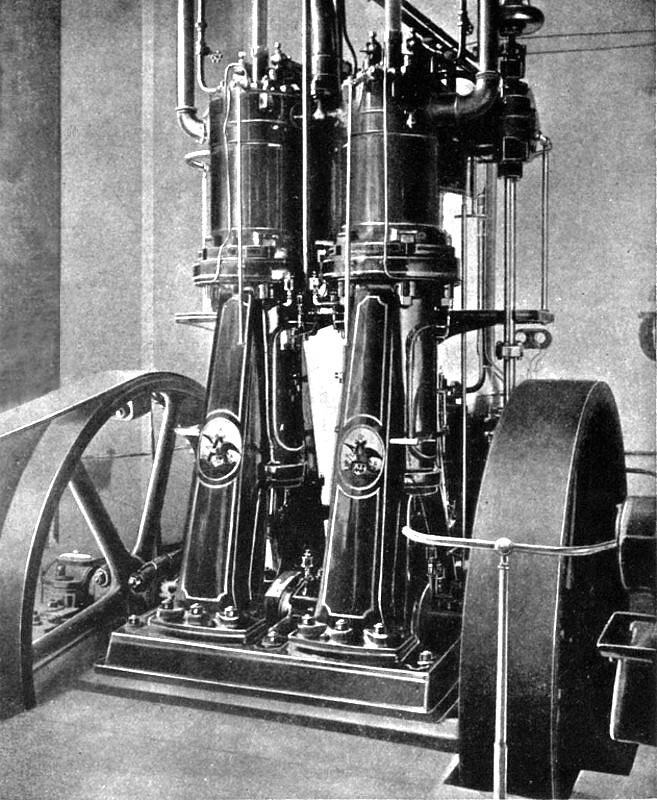
History of the diesel engine Karl-Heinz Dietsche Dipl.-Ing. Chapter First Online: 01 January 2014 9266 Accesses Part of the Bosch Professional Automotive Information book series (BPAI) Abstract As early as 1863, the Frenchman Etienne Lenoir had test-driven a vehicle which was powered by a gas engine which he had developed.
History of the Diesel Engine
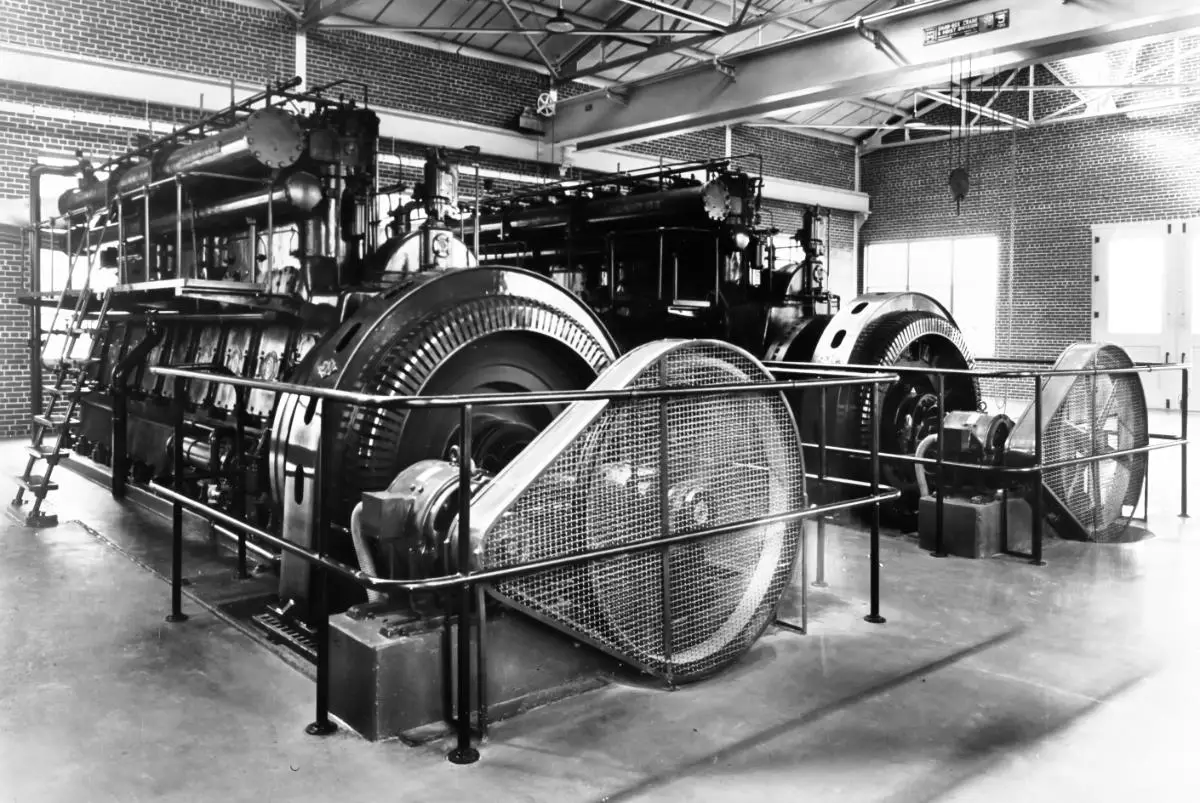
2 2.3k The diesel engine is an invention that has had a major impact on the industrial revolution and beyond. Developed by German engineer Rudolf Diesel in the 1880s, it has since become the main source of energy for the commercial transportation industry.
Diesel Engine Invention (The Complete History) Science4Fun

engines. Furthermore, operating fluids such as brown-coal tar oil cost much less than ben-zene, which was highly taxed. The company Daimler was already involved in the development of the diesel engine prior to History of the diesel engine Mixture formation in the first diesel engines, use of the first vehicle diesel engines 11
Early History of the Diesel Engine
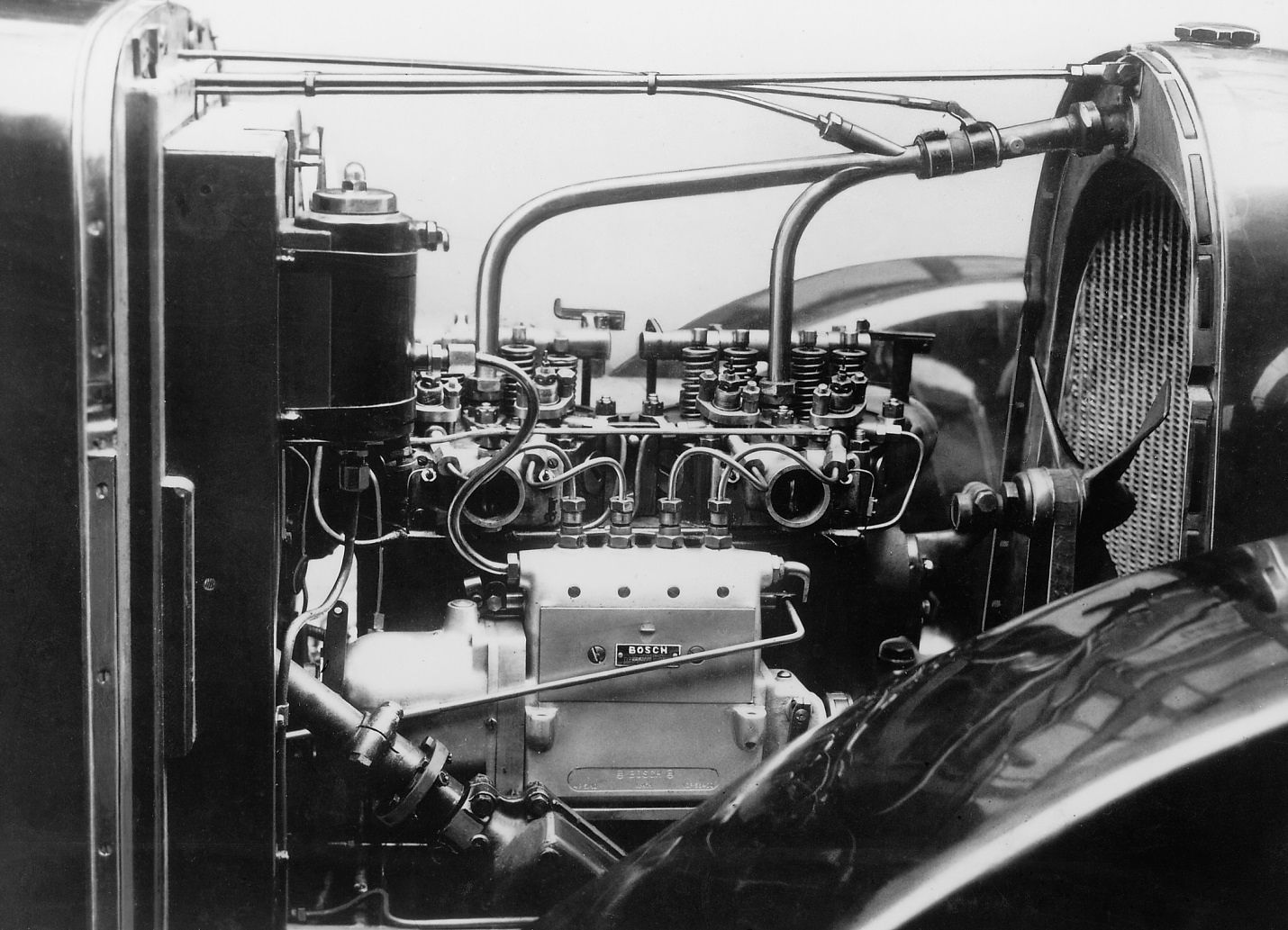
Early History of the Diesel Engine Hannu Jääskeläinen Abstract: In the 1890s, Rudolf Diesel invented an efficient, compression ignition, internal combustion engine that bears his name. Early diesel engines were large and operated at low speeds due to the limitations of their compressed air-assisted fuel injection systems.
FileFram 19101912 Diesel Engine.jpg Wikimedia Commons

Rudolf Christian Karl Diesel ( English: / ˈdiːzəlˌ - səl /, [1] German: [ˈdiːzl̩] ⓘ; 18 March 1858 - 29 September 1913) was a German inventor and mechanical engineer who is famous for having invented the Diesel engine, which burns Diesel fuel; both are named after him.
The Curious Case of Rudolf Diesel Capital Reman Exchange
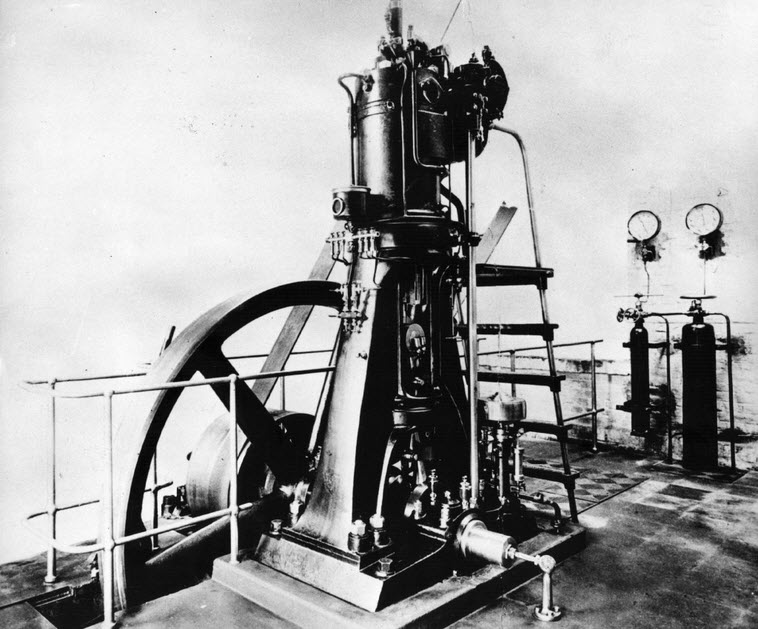
diesel engine, any internal-combustion engine in which air is compressed to a sufficiently high temperature to ignite diesel fuel injected into the cylinder, where combustion and expansion actuate a piston.
History of the diesel engine

What is the developed year? In 1874 George Brayton developed and patented a 2 stroke, oil fueled fixed pressure engine "The Ready Motor". This engine used a rhythm breathe to yield kindling to an injection design in which the oil was evaporate by publicity and burned as it entered the drum.
History of the Diesel Engine Marine Diesel Engine Repair
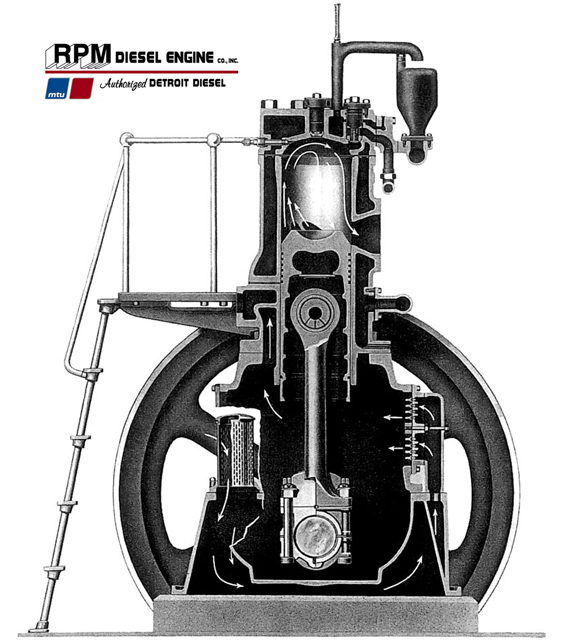
In 1897, after patenting the first compression ignition engine design in 1892, the German inventor and mechanical engineer Rudolf Diesel successfully created the first diesel engine prototype. Following this initial introduction to Diesel's design, the Rudolf Diesel engine became one of the most common engines used in power generation applications.
Diesel 101 History of the Diesel Engine and Who Invented it Diesel Power Gear

diesel engine, Internal-combustion engine in which air is compressed to a temperature sufficiently high to ignite fuel injected into the cylinder, where combustion and expansion activate a piston (see piston and cylinder). It converts the chemical energy stored in the fuel into mechanical energy, which can be used to power large trucks, locomotives, ships, small electric-power generators, and.
Deutz The History Of Big Diesel Engines

The engine that bears his name set off a new chapter in the Industrial Revolution, but German engineer Rudolf Diesel (1858-1913), who grew up in France, initially thought his invention would help small businesses and artisans, not industrialists.
7 Interesting And Incredible Facts About The Diesel Engine Tons Of Facts
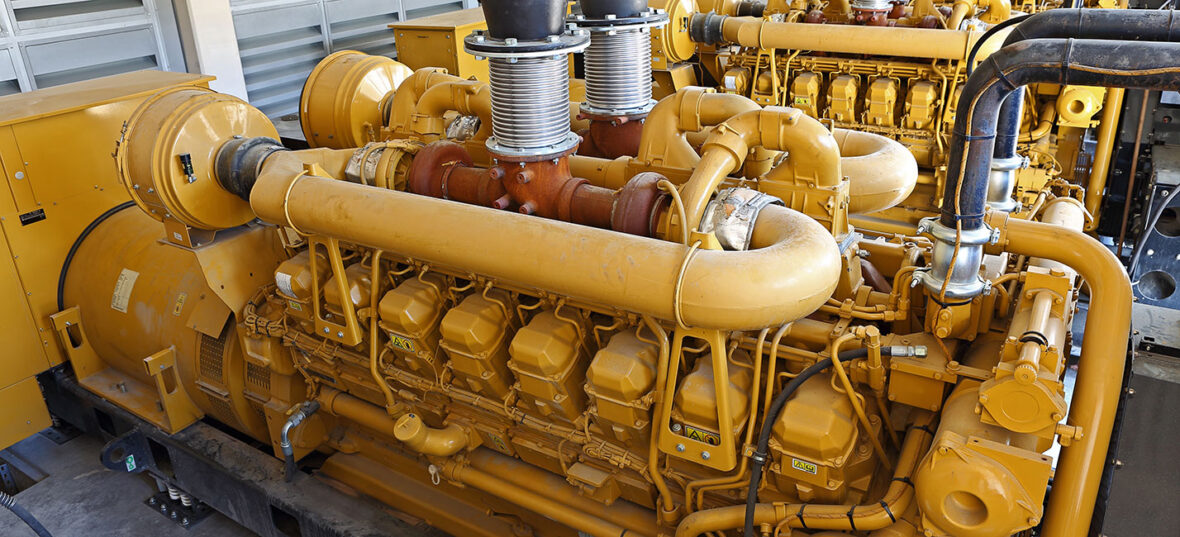
Today, the best Diesel engines top 50%. But even so, 25% was more than twice as good as its rivals achieved. Diesel's engine is more efficient partly because of how it ignites the fuel. Petrol.
FileFirst Diesel motor.jpg Wikimedia Commons

The diesel engine is about as old as the internal combustion engine itself, with the first diesel engine being made in 1893. The diesel engine got its namesake from its inventor, Rudolf Diesel, a German inventor and engineer.
Early History of the Diesel Engine
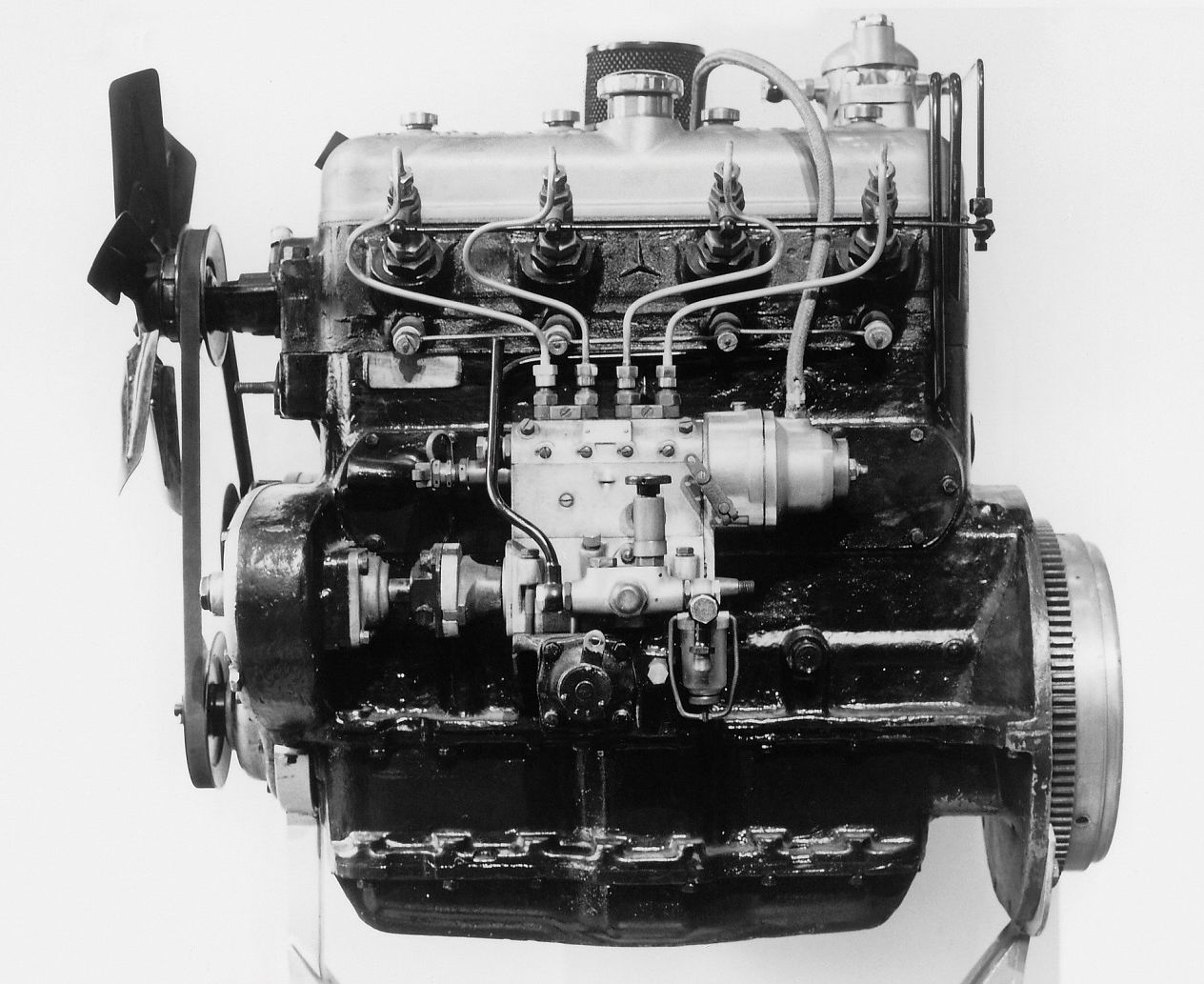
A History of the Diesel Engine. The diesel engine differs from gasoline engines in one significant engineering fact: it achieves combustion of its fuel by the heat of compression in the combustion chamber rather than by the introduction of a spark. This difference dictates a different set of parameters for construction throughout the engine.